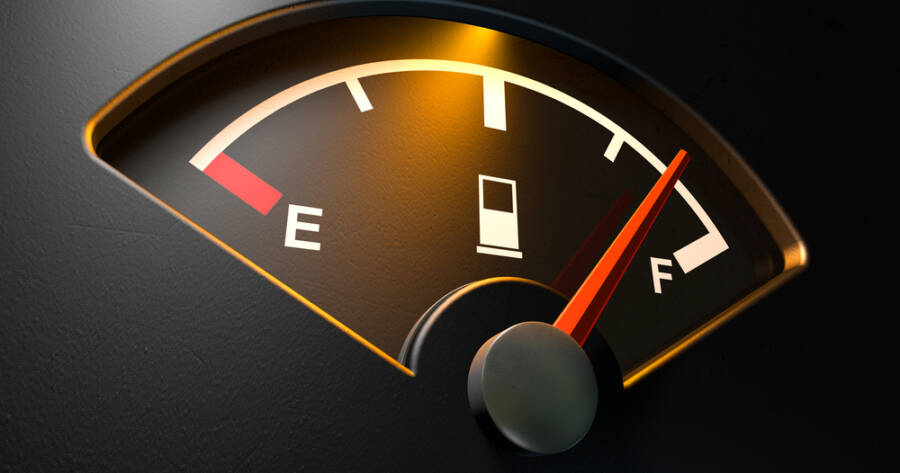Fuel efficiency is a vital aspect of truck ownership, not just for cost savings but also for environmental considerations. Maximizing fuel efficiency can potentially lead to fewer stops at the pump, reduced wear and tear on the vehicle, and decreased carbon emissions. While every driver’s experience may vary depending on multiple factors like driving style and vehicle condition, exploring effective strategies could offer valuable insights into optimizing fuel consumption.
Understanding Truck Weight and Load Management
One of the primary factors affecting fuel efficiency is the weight your truck carries. Reducing excess load might help improve mileage. Consider removing unnecessary items from the truck bed and interior.
If you’re handling cargo, distributing the load evenly could minimize strain on the engine and enhance aerodynamics, potentially improving mileage. Regularly assessing the necessity of each item you carry might translate into significant fuel savings over time.
Optimizing Tire Pressure for Better Efficiency
Maintaining proper tire pressure may have a notable impact on fuel efficiency. Underinflated tires can create more rolling resistance, forcing the engine to work harder.
Checking tire pressure regularly and keeping it at the manufacturer-recommended levels could result in a noticeable improvement in mileage. Additionally, proper alignment and balance of tires might reduce friction and improve the overall driving experience, potentially boosting efficiency.
Regular Maintenance and Engine Tuning
Routine maintenance could play a crucial role in ensuring your truck runs optimally. Regular oil changes, air filter replacements, and timely servicing might keep the engine in peak condition, potentially enhancing fuel economy.
Ignoring maintenance could lead to inefficient fuel consumption and costly repairs, making it all the more essential to adhere to manufacturer maintenance schedules. Engine tuning, when necessary, might also sharpen performance and efficiency, contributing to better fuel outcomes.
Driving Habits and Their Impact
Driving behavior significantly influences fuel consumption. Rapid acceleration, excessive idling, and abrupt braking can increase fuel usage. Adopting smoother driving habits could help improve efficiency.
Staying within speed limits and using cruise control on highways might lead to more consistent fuel usage. Being conscious of your driving style could therefore play a substantial role in maximizing fuel efficiency, promoting both safety and savings.
Aerodynamic Considerations
The shape and build of a truck can affect how air flows around it, impacting fuel efficiency. While structural changes might not be feasible for everyone, small adjustments can make a difference. Using bed covers or deflectors could reduce drag.
If applicable, consider retracting external accessories, like mirrors, when they are not in use. These modifications might contribute to a smoother drive and potentially lower fuel consumption by enhancing the vehicle’s aerodynamic profile.
Fuel Type and Quality Influences
The type and quality of fuel used can influence engine performance and efficiency. Premium fuels, though more expensive, may sometimes offer better performance and combustion efficiency.
Regularly using high-quality fuel that meets the manufacturer specifications could support the engine’s health and potentially improve mileage. It’s advisable to consult your vehicle’s manual or a professional mechanic to decide on the most suitable fuel type for your truck.
Utilizing Technology and Apps
Modern technology offers various tools that can assist in managing fuel efficiency. Apps and devices that track mileage, fuel consumption, and driving habits could provide insights into areas for improvement.
Some advanced systems in newer trucks can give real-time feedback on efficiency, empowering drivers to make adjustments. Utilizing these technologies when suitable could enhance awareness and help in maintaining a more efficient driving experience.
Learn More Today!
Maximizing fuel efficiency in your truck involves a blend of maintenance, mindful driving, and strategic adjustments. By understanding and managing factors like weight, tire pressure, and driving habits, drivers could see improvements in mileage.
Incorporating technology and considering fuel quality can further enhance these efforts. While there are no absolute guarantees, these strategies may contribute to better efficiency, benefiting your wallet and potentially reducing environmental impact, making fuel-efficient driving an attainable goal for many.

